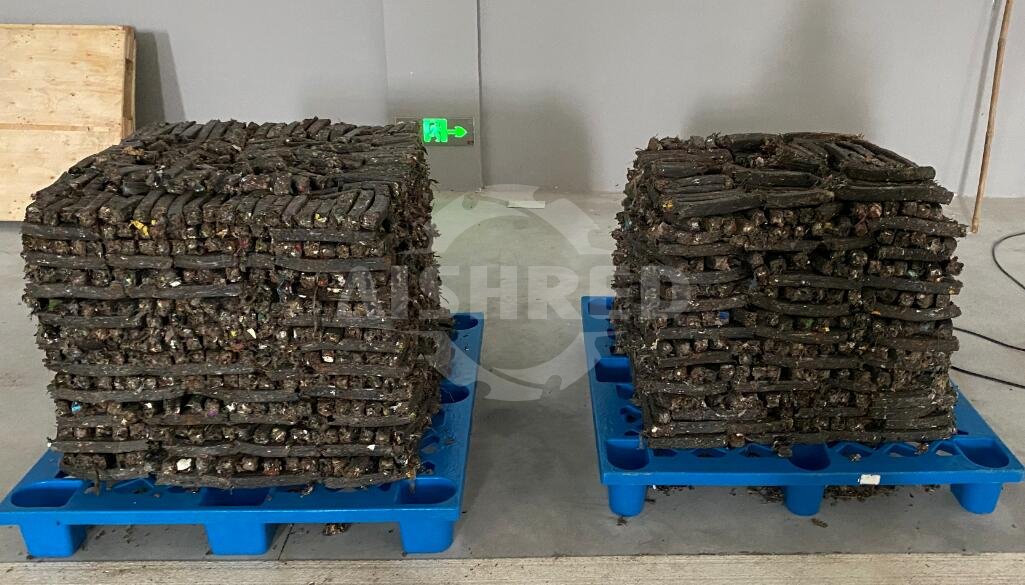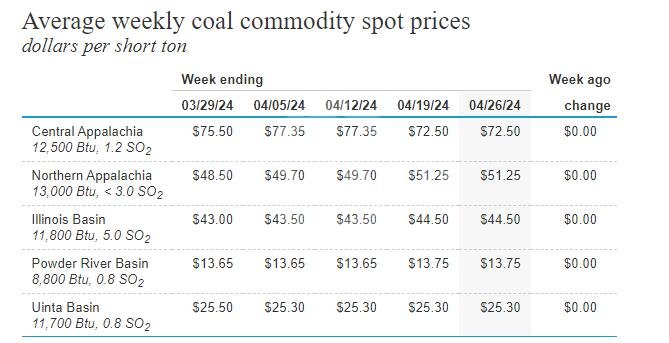The pricing of RDF (Refuse-Derived Fuel) and SRF (Solid Recovered Fuel) per ton is a significant concern for investors and users alike. It goes beyond just investment returns, impacting the operational costs of users directly. Much like coal pricing, RDF/SRF pricing varies based on factors such as its source, quality, and market dynamics.

RDF-5 Pellets
The U.S. Energy Information Administration website outlines prices for different coal grades and sulfur content, highlighting the disparities in coal pricing. When considering RDF/SRF for fuel application, factors like calorific value, post-combustion emissions, and potential impacts on the environment or end products are crucial. For example, RDF with high chlorine content may affect concrete quality when used in cement kilns.

Average weekly coal commodity spot prices
However, determining RDF/SRF pricing is more complex than coal pricing. Firstly, there's no specialized RDF/SRF category in the spot or futures market. Secondly, RDF/SRF comes from various sources like industrial waste, municipal solid waste, and waste tires, leading to fluctuations in calorific value. Additionally, RDF/SRF trading typically stays within a 100-mile radius, with regional supply, demand dynamics, and environmental policies influencing pricing. Consequently, the pricing spectrum for different RDF/SRF types exhibits considerable variance, spanning from a few US dollars to nearly 100 US dollars per ton.
Engaging directly with entities using RDF/SRF, like cement plants, power facilities, and waste incinerators, provides insights into purchase prices. These companies often have experience with alternative fuels and can offer valuable pricing insights. In economically developed areas, waste recycling centers involved in RDF/SRF business provide reliable data.
Specialized websites also share RDF/SRF supply and demand data, offering insights into local market dynamics. While price differences exist between sellers and buyers, these platforms give a general idea of market trends. For example, the Recycle.net website provides TDF (Tire Derived Fuel) supply data, indicating local prices around 20 US dollars per ton.
Finally, some countries and regions offer subsidies for waste processing, encouraging waste recycling and energy utilization, which can add to RDF facility investors' profits.
About GEP ECOTECH
GEP ECOTECH is a leading provider of waste-to-fuel solutions, addressing waste management challenges comprehensively. Our solutions cover industrial and commercial waste, municipal solid waste, demolition waste, scrap tires, and other waste streams. We strive to enhance waste recovery efficiency, minimize pollution, and reduce energy consumption, ultimately aiming for carbon neutrality and a more sustainable future.

